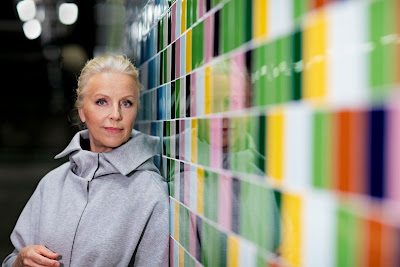 |
| Anne Sofie von Otter - © Mats Bäcker |
Purcell, RVW, Britten, Schubert, Korngold, Debussy, Berlioz, Sibelius, Tippett, Wainwright, Cole Porter; Anne Sofie von Otter, Julius Drake, Henry Goodman; Temple Music at Middle Temple Hall
Reviewed by Robert Hugill on Oct 27 2016
Star rating: 4.0
Words and music interwine in the celebration of Shakespeare
A Celebration of Shakespeare in Words and Music at Middle Temple Hall on 26 October 2016 was a late celebration of Shakespeare 400 in the only surviving venue from Shakespeare's time where his plays were performed (Middle Temple Hall saw a performance of Twelfth Night in 1602). Presented by Temple Music as part of their Temple Song series, the evening featured mezzo-soprano Anne Sofie von Otter accompanied by pianist Julius Drake, with actor Henry Goodman. The programme was curated by Sophie Hunter and featured songs by Purcell, RVW, Britten, Schubert, Korngold, Berlioz, Sibelius, Tippett, Rufus Wainwright and Cole Porter, interleaved with readings from Shakespeare.
The programme was arranged in themed sections,
Music,
Love,
Hamlet,
'Love, Death and Foreboding', The Tempest, Sonnets sometimes sticking to just one play and sometimes mixing sources but keeping the overall theme. There was a highly effective sequence from
A Midsummer Night's Dream mixing Britten's opera with selections from the play. The music seemed to have been placed in the programme according to the theme of the text, so that sometimes the conjunction of composers was a little uneven. In the first half we had Purcell, Britten, Schubert, Britten, Korngold, Debussy, Berlioz with Schubert's
An Silvia sitting a little oddly in an extended Britten sequence. But the strong end to the first half with Berlioz's
La mort d'Ophelie led into a more coherent second half, with striking songs by Sibelius, Tippett and Rufus Wainwright.
Henry Goodman was a relatively late replacement in the programme, not that you could tell. He had the ability to quickly move from character to character, evoking just the right sense of drama for each whether it be Hamlet, Prospero or Puck. He and Anne Sofie von Otter really interacted together, not just in the extended scene from
A Midsummer Night's Dream (where Goodman played Puck to von Otter's Oberon) but elsewhere too, and you felt that each really listened when the other was performing. In places, Julius Drake rather effectively overlapped piano introductions and speech to form a continues whole. And for the finale, Goodman joined von Otter in a performance of Cole Porter's
Brush up your Shakespeare.











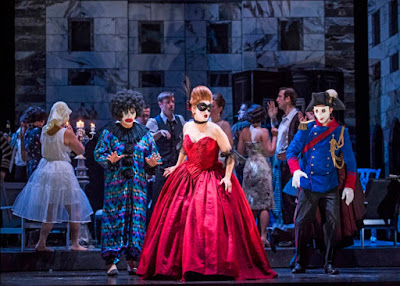




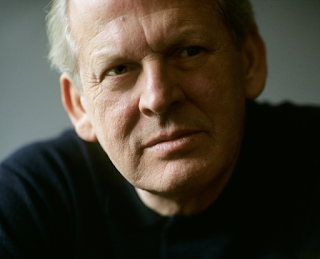



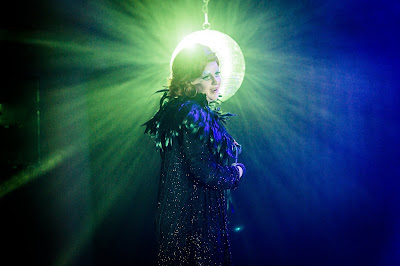


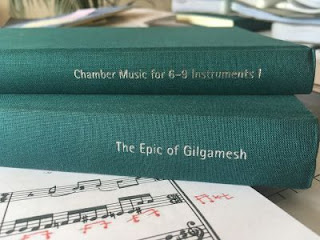










%20in%20The%20Merry%20Widow.%20Credit%20Mihaela%20Bodlovic.%20(2).jpg)

%20in%20Trial%20by%20Jury.%20Credit%20Mihaela%20Bodlovic..jpg)

%20Britten%20Pears%20Arts%20(1).jpg)



